I've been dreading the nights lately.
Last night, after his shower, he leaned in to kiss me. I flinched — instinctively.
He pulled back right away, disappointed. “Still not tonight?” he asked softly.
I wanted to explain, but all I said was, “I’m just tired.”
And what hurts even more is that on the rare nights when I finally feel that spark, he’s already asleep.
It feels like we’re two clocks, ticking in different time zones. When he’s ready, I’m not. When I am, he’s gone.
I keep wondering — How can two people love each other deeply, yet feel so distant in their bodies?
It doesn’t mean love has faded — it simply means your rhythms are temporarily out of sync.
This story came from one of our readers. If you’re facing something similar—or wondering about something intimate—you can submit your question here.
Our sex expert will respond to it, and your story might be featured in an upcoming post. It usually takes about 3–4 weeks to publish, so stay tuned on our blog and socials for updates.

What Is Sexual Desire Discrepancy?
Sexual desire discrepancy (SDD) is when partners’ levels of sexual desire don’t align. One individual feels prepared and eager, whereas the other does not.
Research shows that up to 80% of couples experience mismatched libido at some point in their relationship.
Some people have spontaneous desire — they feel aroused out of nowhere. Others have responsive desire — their arousal grows after emotional closeness, affection, or the right atmosphere.

Why Desire Discrepancy Happens?
A woman's libido fluctuates like the tide, driven by emotions, stress, and her menstrual cycle, peaking around the time of ovulation.
A man's desire, on the other hand, follows a more predictable schedule, often stronger in the morning.
Add in stress, fatigue, mood, lifestyle, and even hormonal cycles — it’s no wonder desire fluctuates. When these patterns remain misaligned, it can result in dissatisfaction, misunderstanding, and estrangement.
But remember, it's not anyone's fault. It's basically your body communicating in various languages.
How to Reconnect and Find Your Rhythm Again?
“Why does my partner always want sex when I’m not in the mood?” How can couples reconnect when their libidos are different? Here are some gentle, science-based ways to find the balance again.
1. Accept and Understand
You’re not broken. You’re not less in love.
You're just out of sync right now. Take it as an opportunity to rediscover each other, not a failure.
2. Talk Before Touching
Emotional closeness often reignites physical intimacy. Try simple gestures — conversation, curiosity, gentle compliments, a hand on the shoulder.
Men should try conversing, gentle touches, massages, and small compliments. Help her relax and feel connected; emotional intimacy frequently generates physical desire.
Women, don't be afraid to add a little spark to the moment with a scent, soft lighting, new lingerie, or simply your voice. Sometimes it's about welcoming softer rather than pushing harder.
Ask open questions like, “What kind of intimate contact would make you feel pleasure?”
3. Try a “Pleasure Calendar”
Plan intimate moments that match both your energy levels.
Add playful variety: introduce sex toys or vibrators that make exploration feel exciting rather than obligatory.

4. Ask for Help
As sex therapists note, frequency doesn’t define happiness — connection does. If desire gaps cause lasting frustration, a sex therapist or medical professional can help pinpoint emotional or physiological causes.
Owning Your Desire
Intimacy is just another language of love. True connection isn’t about being perfectly in sync — It’s about the willingness to try for each other, even when you’re not.
A woman who embraces her own desire is no longer waiting to be understood.
When she learns to please herself — with her hands, her toys, her confidence — she learns a new kind of love: one that’s her own.
In that moment, what she holds isn’t just pleasure, but the freedom of owning her happiness.
FAQs (Frequently Asked Questions)
Q1: What is sexual desire discrepancy — and is it normal?
A: Yes, it’s completely normal. Research shows up to 80% of couples experience different levels of sex drive. It’s not about love fading — just different rhythms. Open communication helps couples understand each other.
Q2: How can a vibrator help me reconnect with my desire?
A: Vibrators let women explore their bodies with no pressure or expectation. Using vibrators solo builds confidence, identify what type of touch, rhythm, or intensity feels best, and helps you embrace your pleasure power — whether solo or in a relationship.
Q3: What type of vibrator is best for beginners?
A: Start with body-safe silicone, quiet, UBS-rechargeable vibrators. clitroal suction stimulator or G-spot vibration are popular for beginners, offering gentle and precise stimulation so you can learn your body comfortably.
Q4: Does using a vibrator lower sensitivity or desensitize me?
A: No — that’s a myth. Any loss of sensitivity is temporary and resolved by switching patterns or taking a short break. Vibrators help tune your sensitivity over time





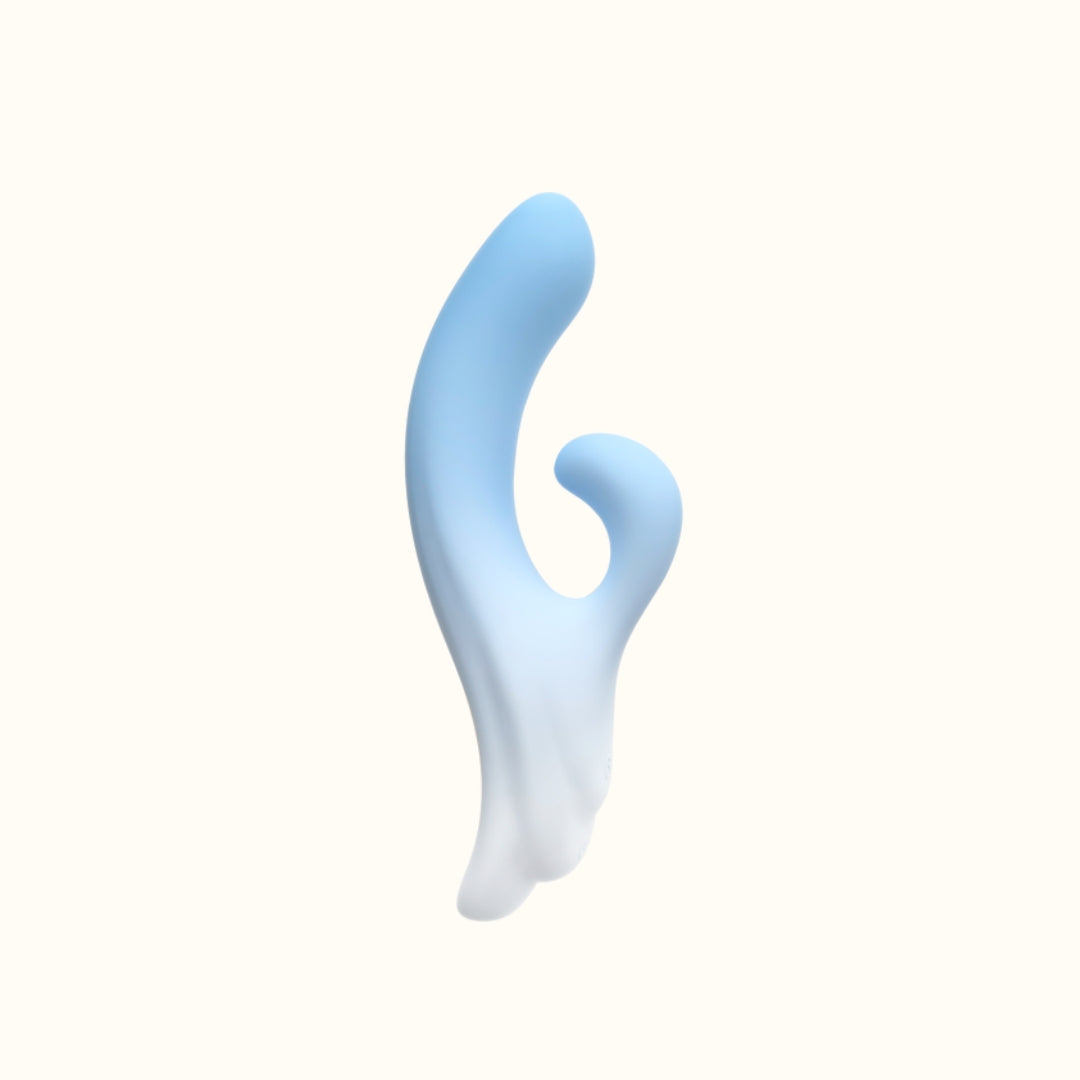








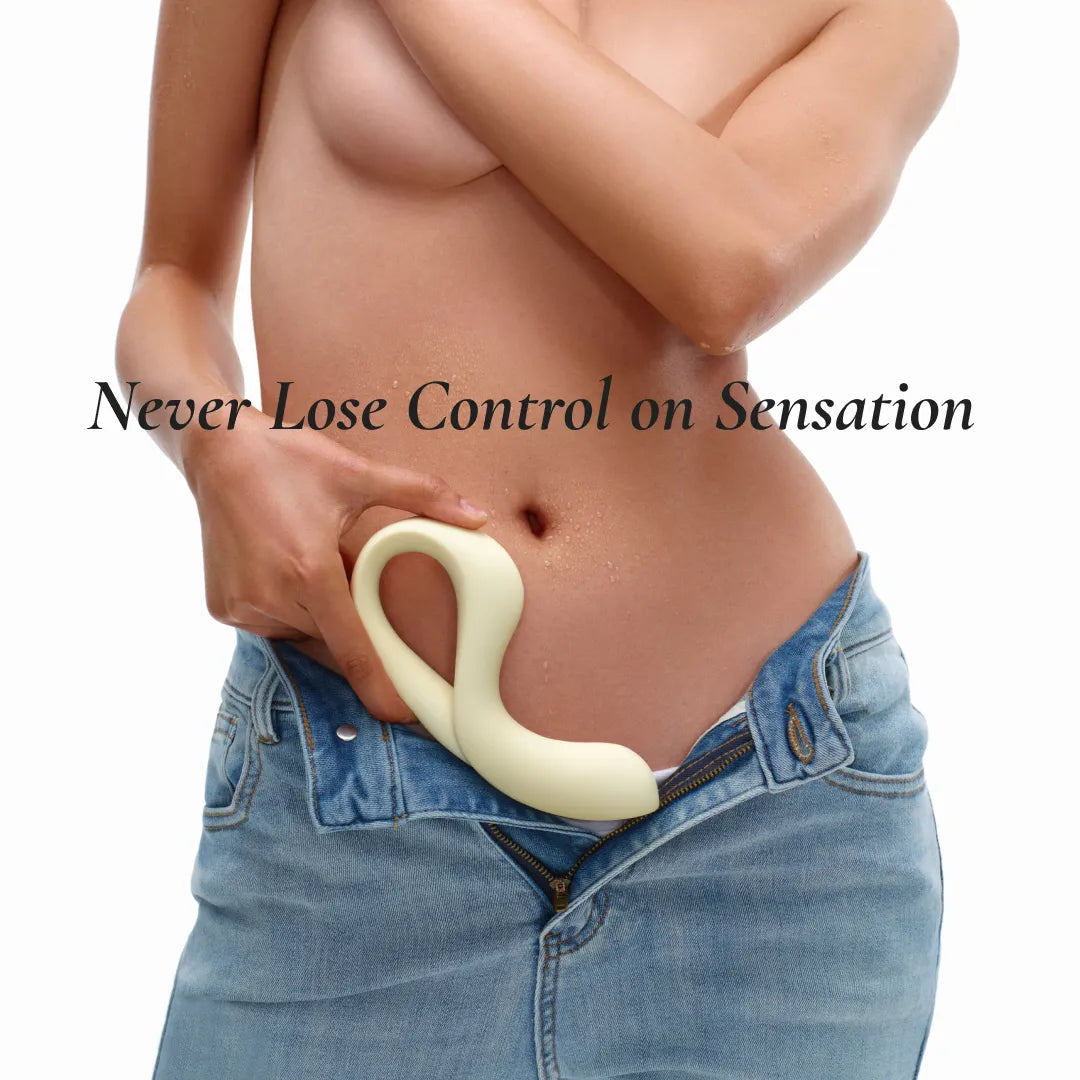






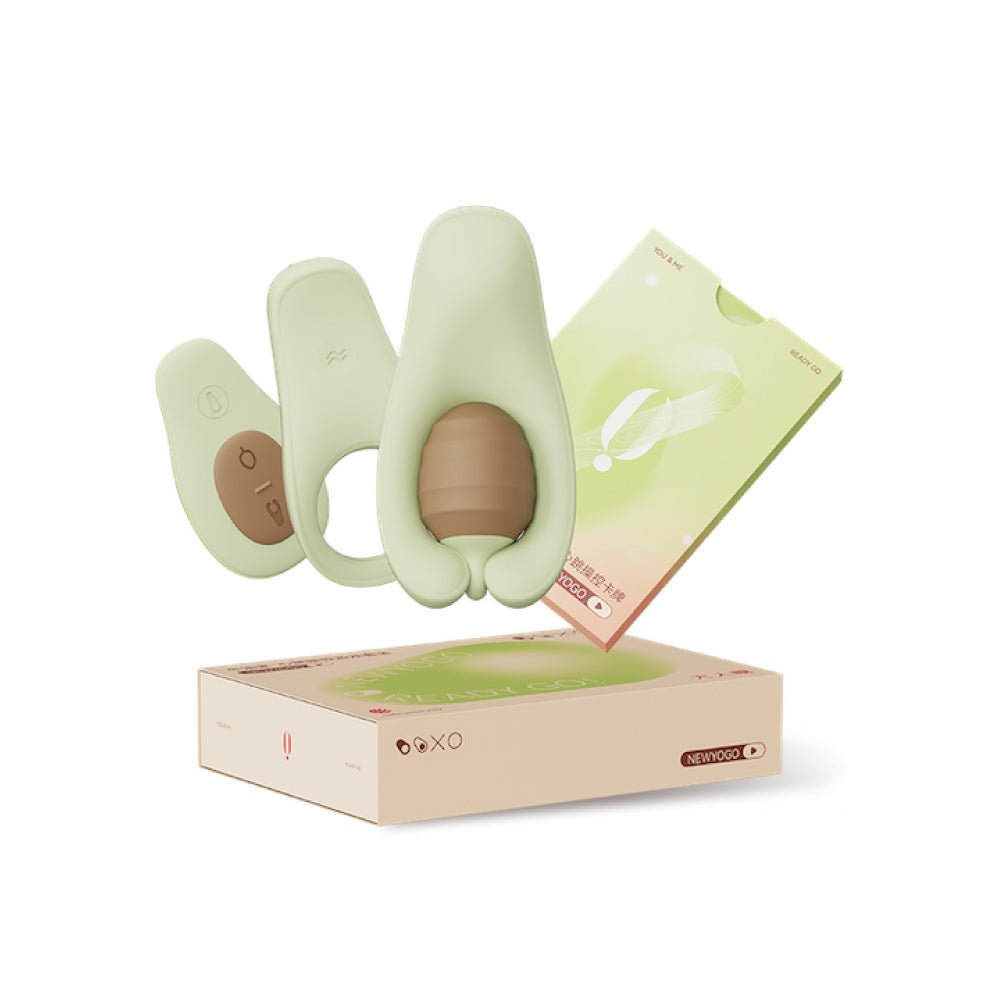






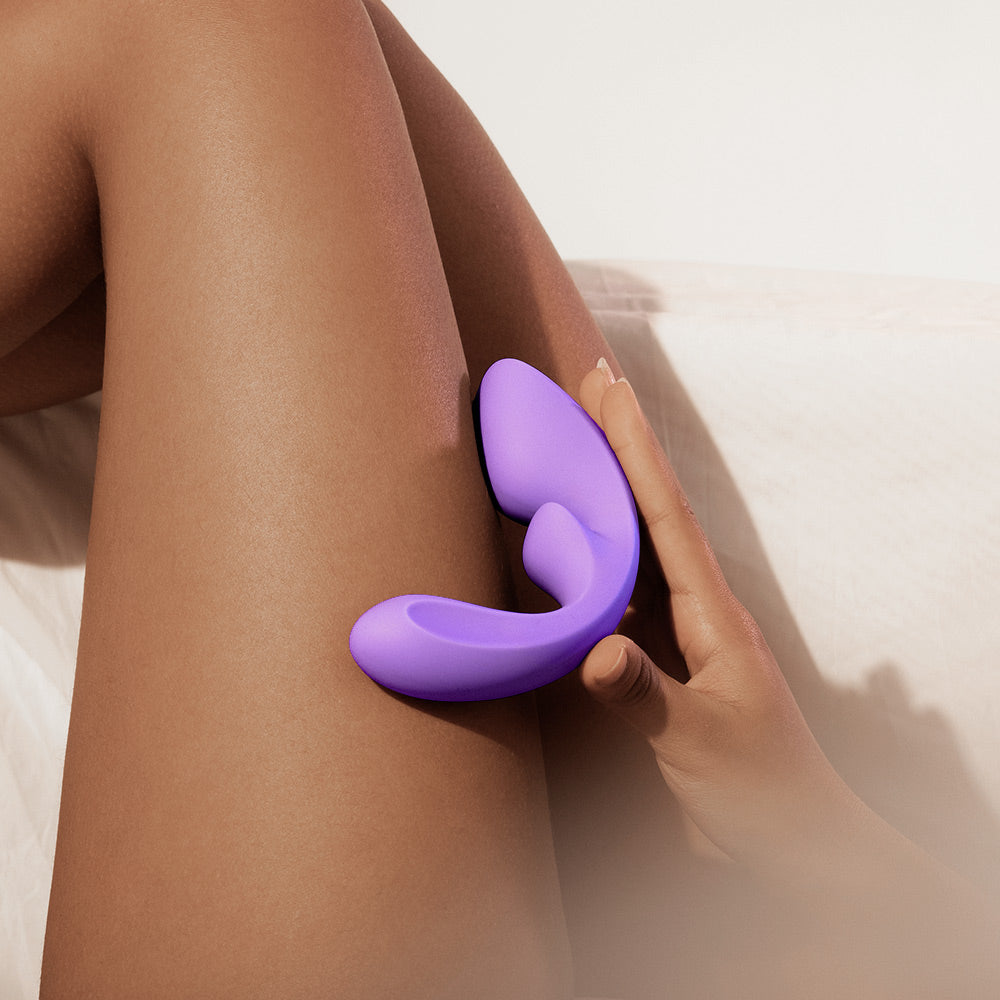
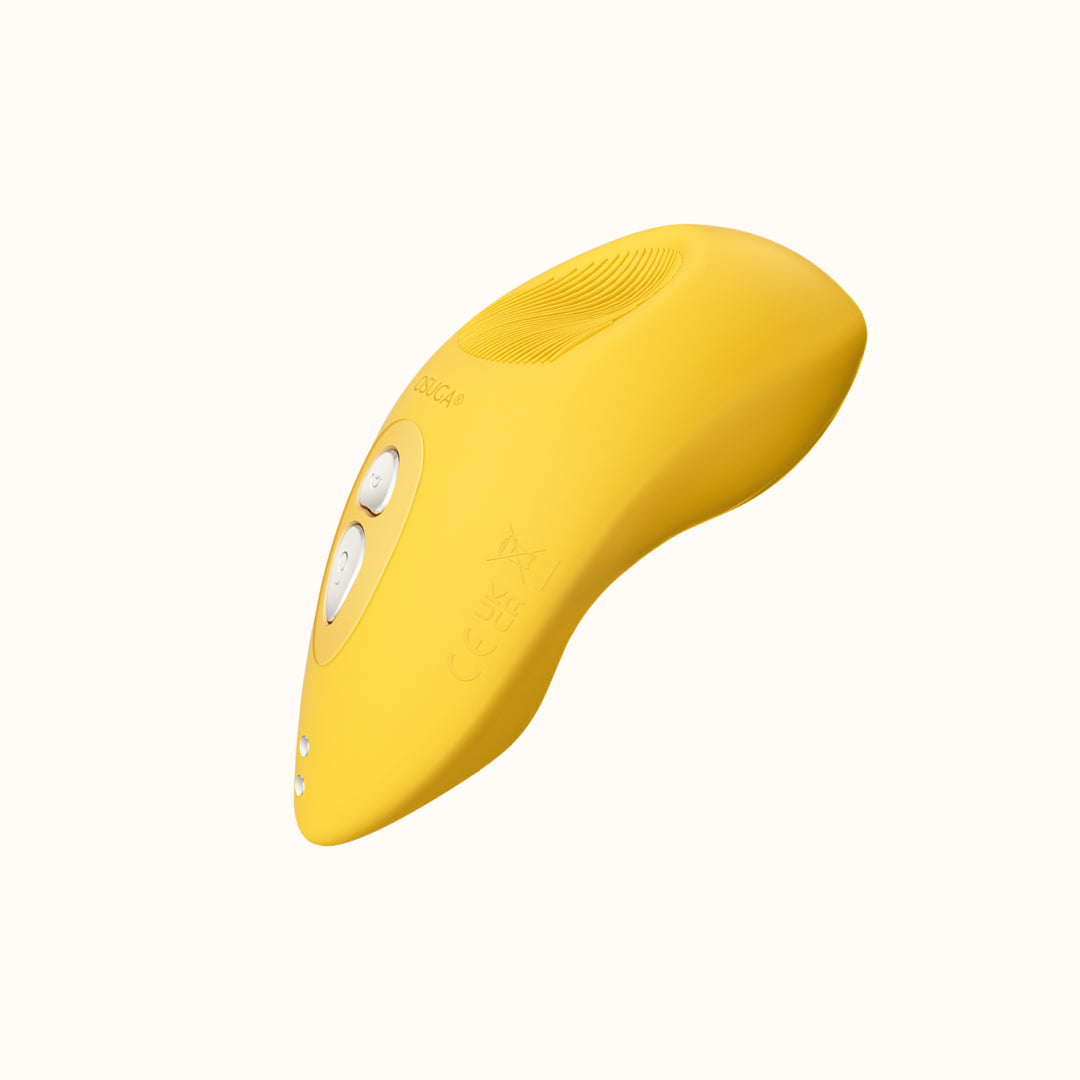
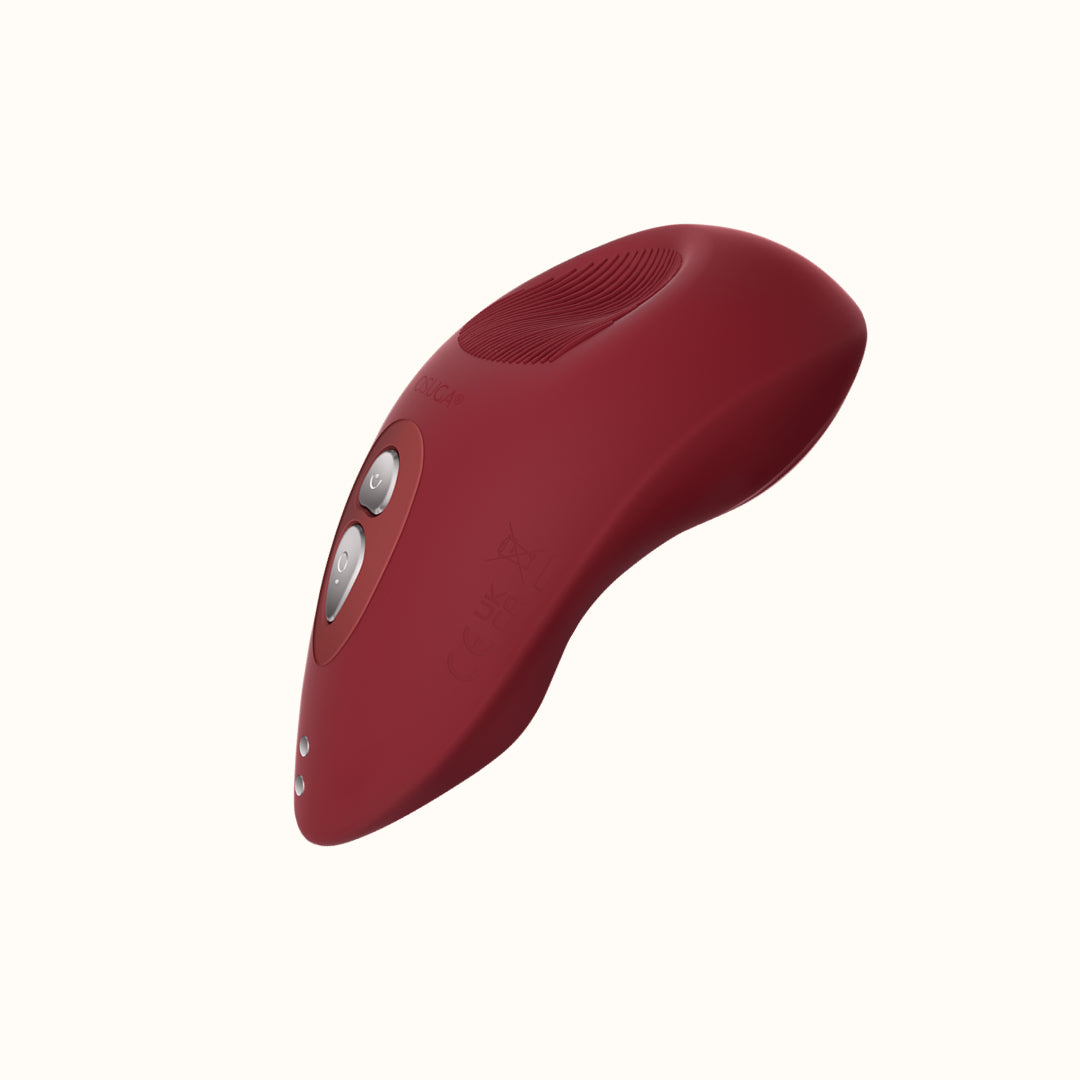
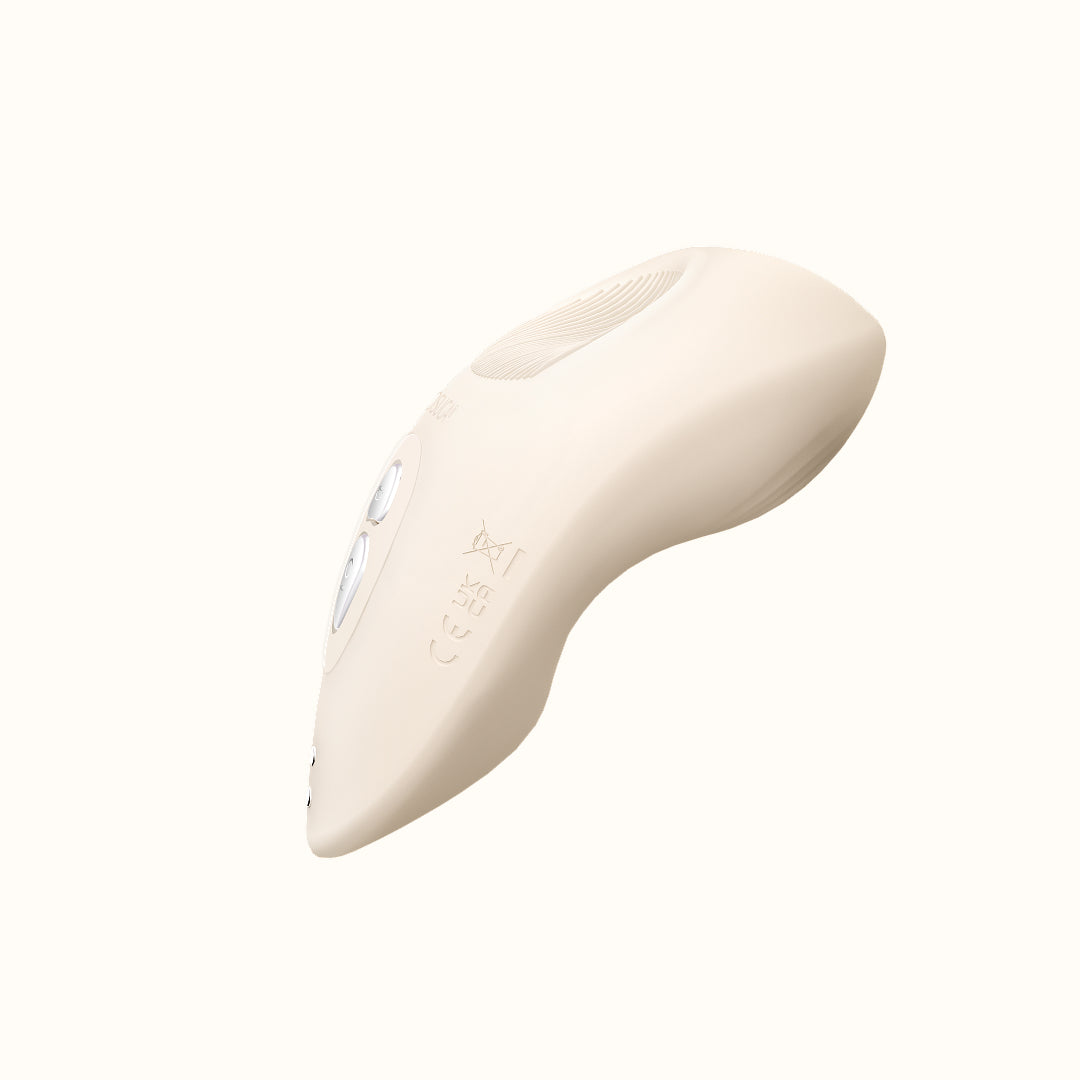
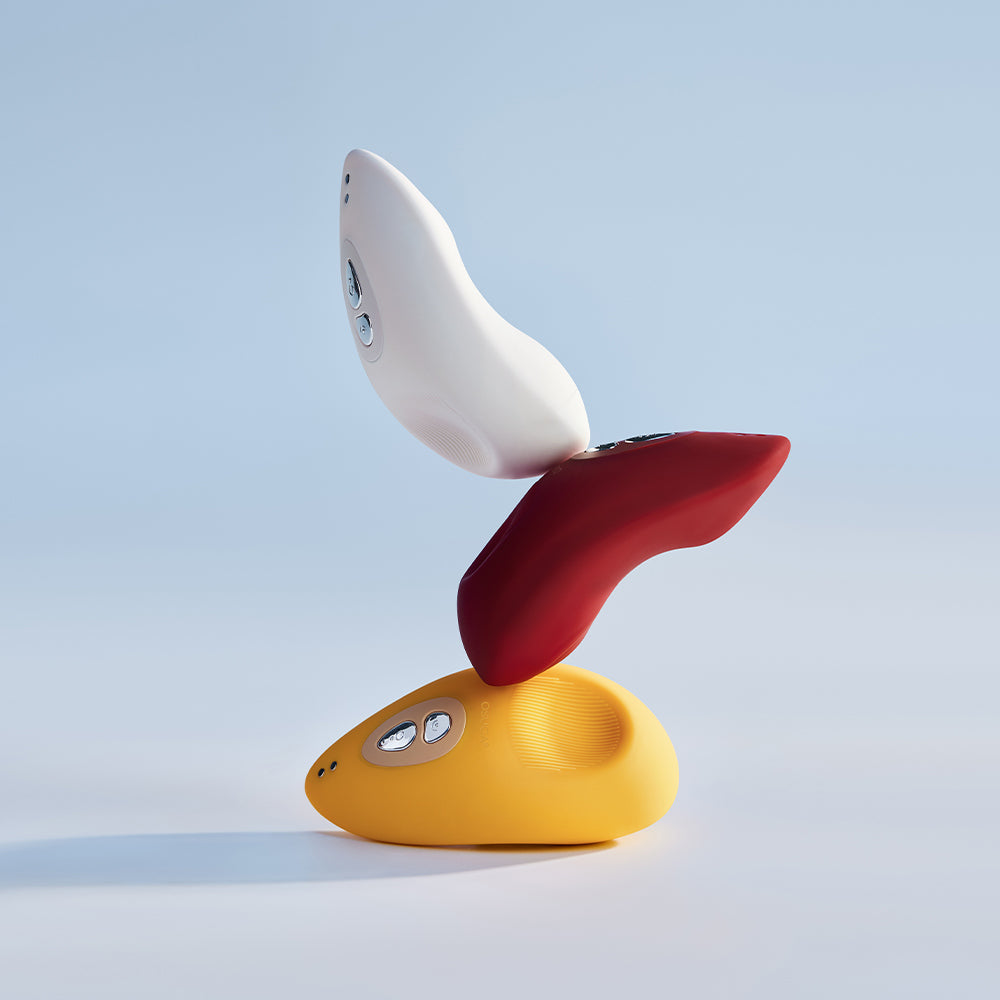
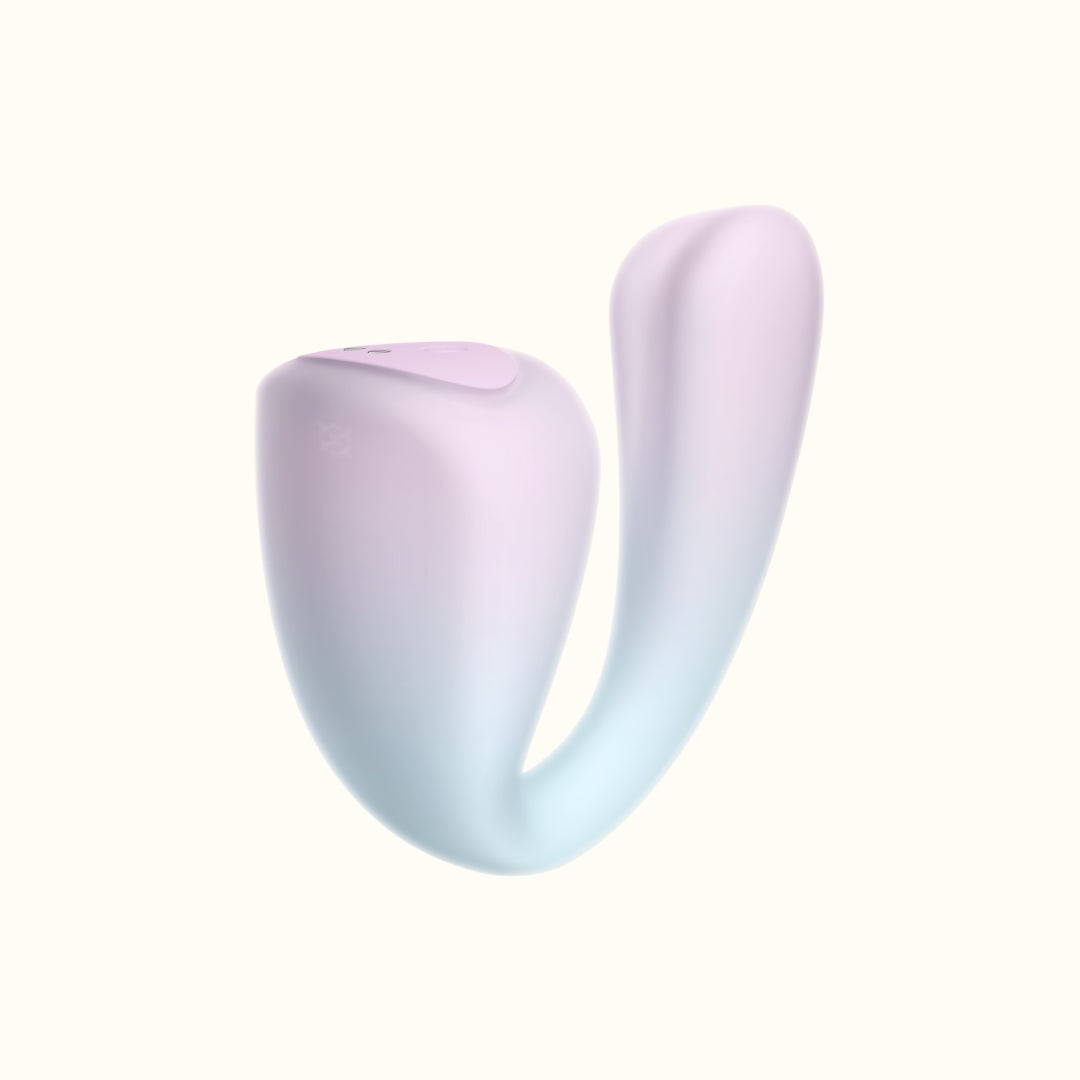
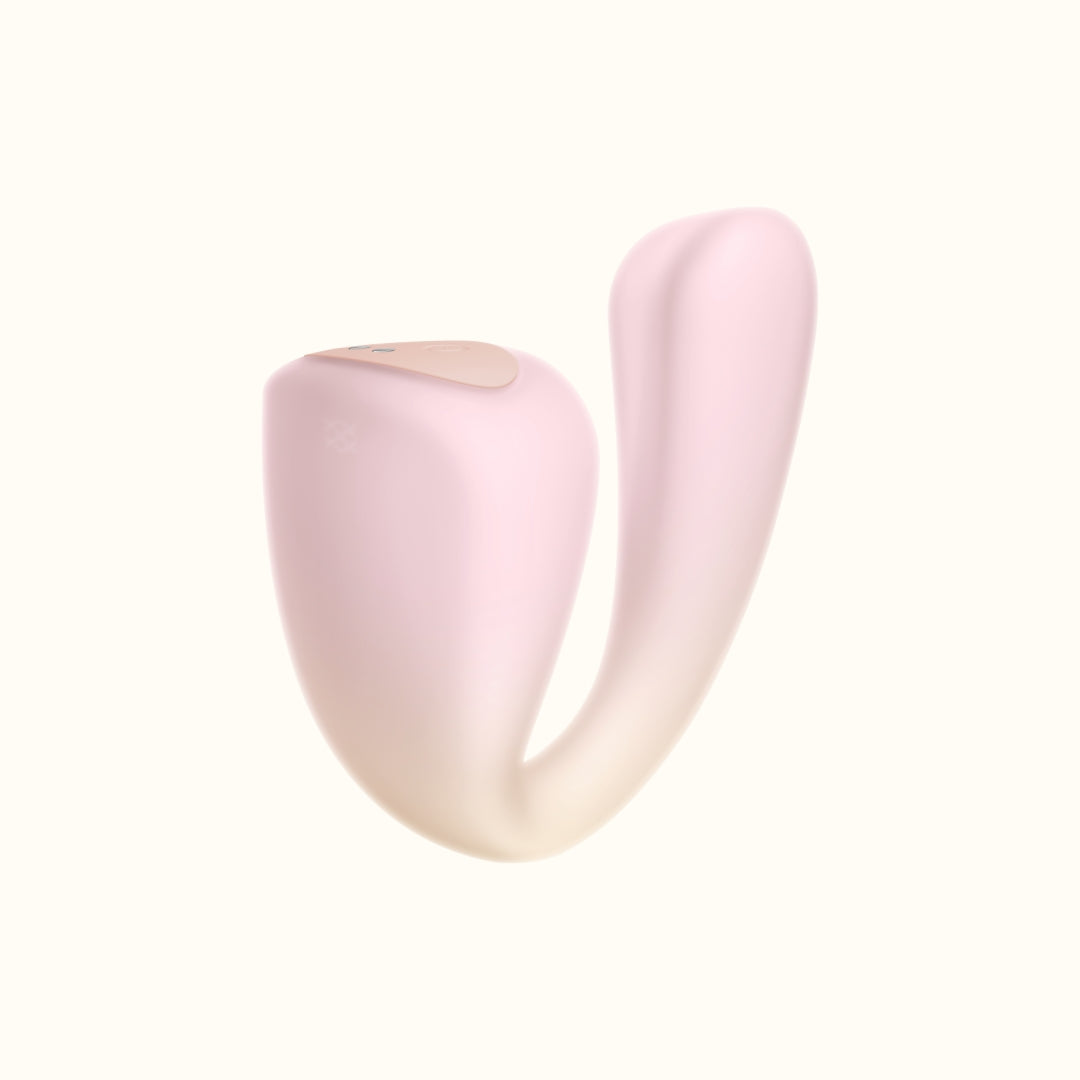
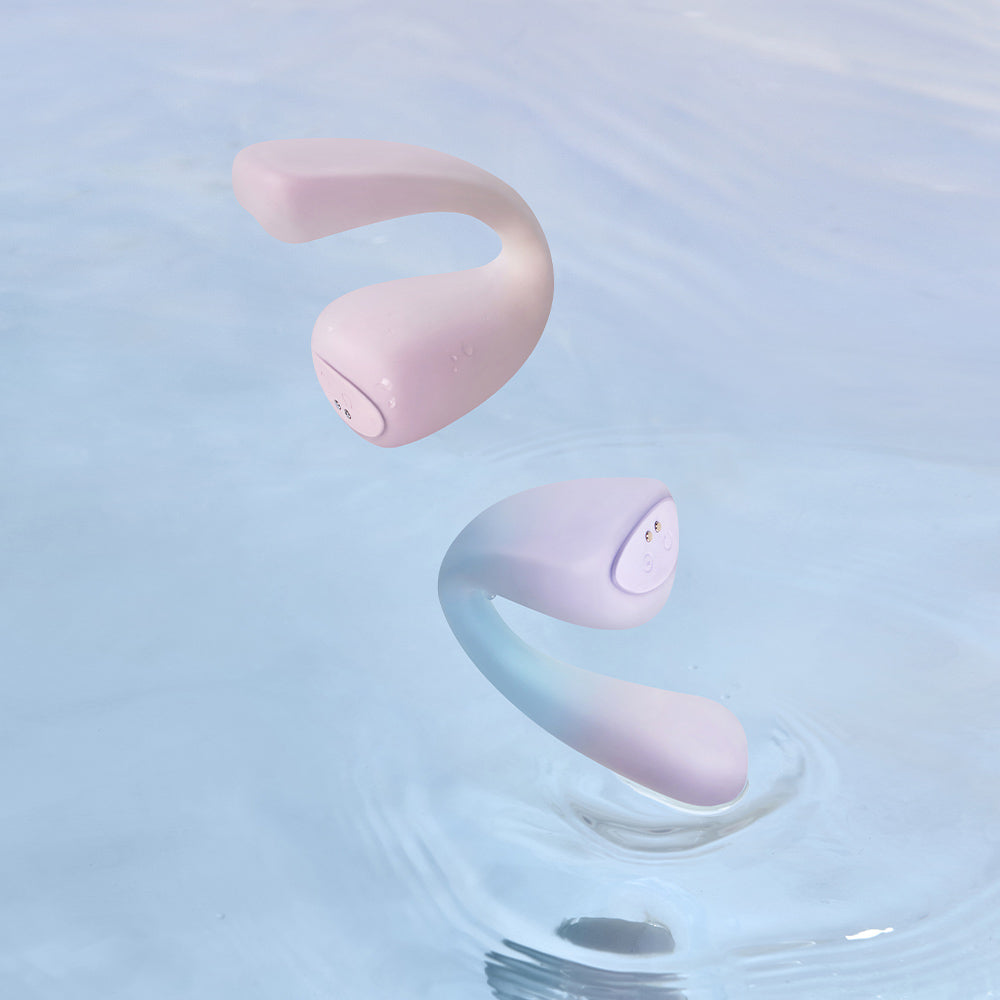








Leave a comment